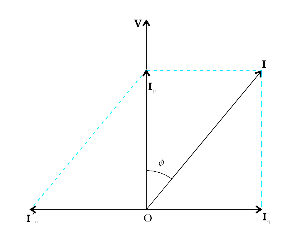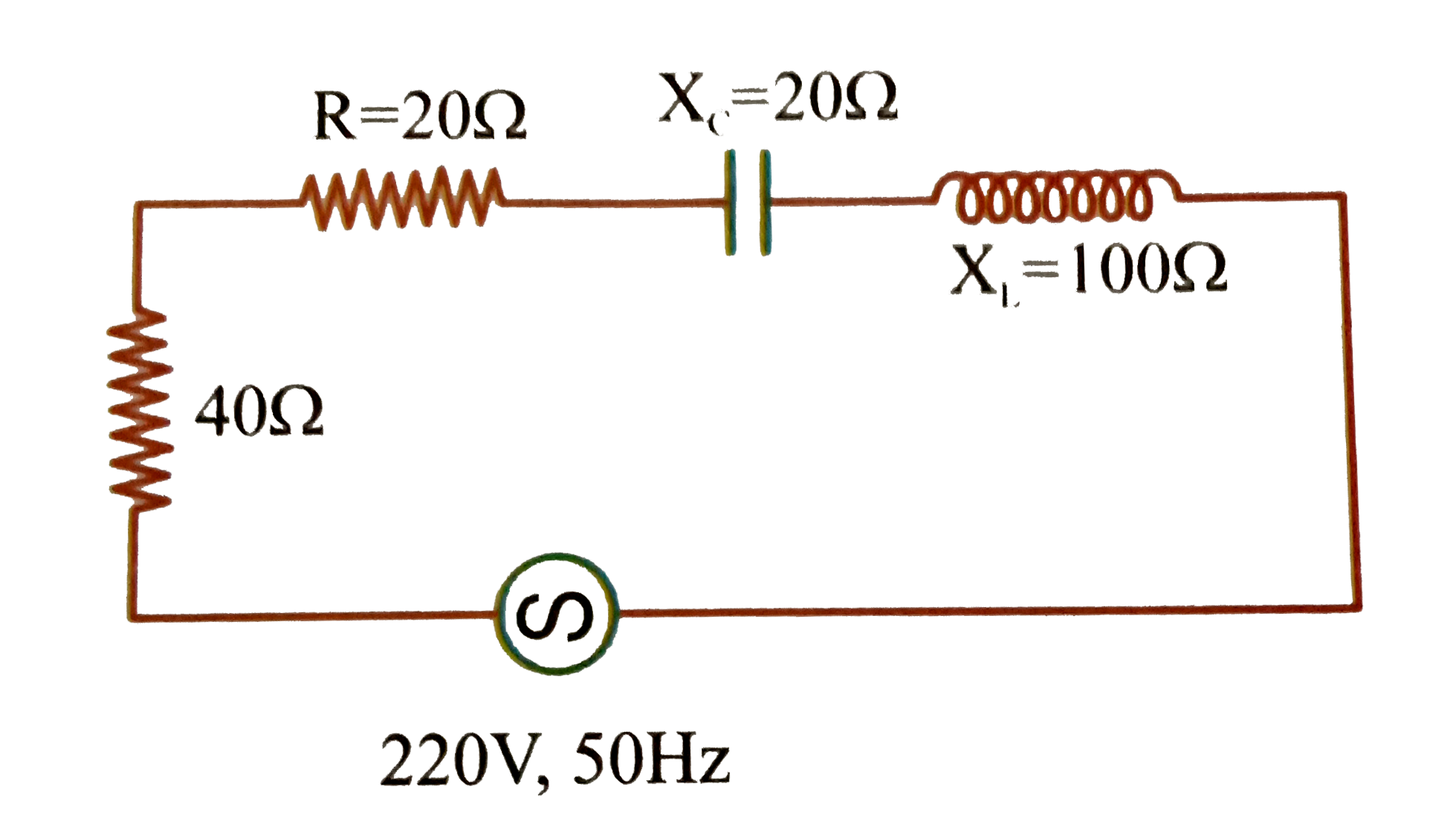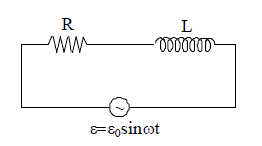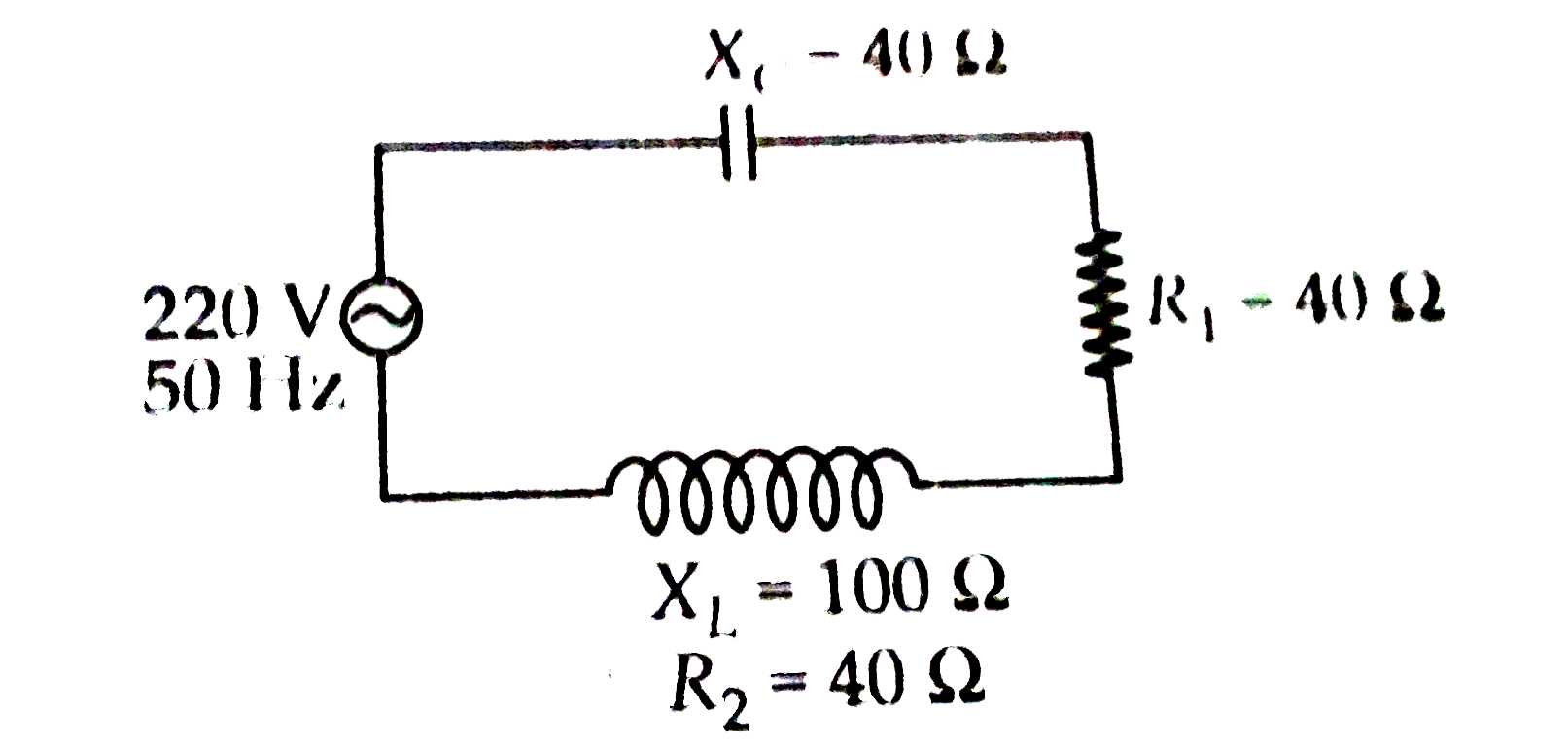(a) For circuits used for transporting electric power, a low power factor implies larger power loss in transmission. Explain.
(b) power factor can oftern be improved by the use of a capacitor of appropraite capacitance in the circuit, Explain.
Video Solution
Text Solution
(a) We know that P=1v where is the power factor. To supply a given power at a given voltage. If is samll, we have to increase current. Accordintly. But this will lead to large power loss (FR) in transmission.
(b) Suppose in a circuit, current 1 lagas the voltage by an angle . then power factor .
WE can improve the power factor (tending factor tending to 1) by making Z tend to R. Let us understand. with the help of a phasor diagram (Fig.7.17)how this can be achieved. Et us resolve I into two components along

the applied voltage V and perpendicular to the applied voltage, as you have learnt in Section 7.7. Is called the wattless component since corresponding to this compoent of current. there is no power loss . is known as the power component because it is in phase with the voltage and corresponds to power loss in the circuit.
It's clear from this analysis that if we want to improve power factor. we must completely neutrailze, the lagging wattless current by an equal leading wattless current . this can done by connecting a capacitor of appropriate value in parallel so that and cancel each other and P is effectively .
|
Topper's Solved these Questions
Similar Questions
Knowledge Check
The average power dissipation in a pure capacitance in AC circuit is
A12CV2BCV2C14CV2DZeroThe power factor for a purely capacitive circuit is
A1B√2C1√2DZeroThe power factor of the circuit shown in the figure is
 A0.4B0.2C0.8D0.6
A0.4B0.2C0.8D0.6


